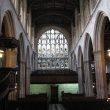
PPS Vol. 5, 24 “Finally, my brethren, be strong in the Lord, and in the power of His might.” – Ephes. 6:10.
We know that there are great multitudes of professed Christians, who, alas! have actually turned from God with a deliberate will and purpose, and, in consequence, are at present strangers to the grace of God; though they do not know, or do not care about this. But a vast number of Christians, half of the whole number at least, are in other circumstances. They have not thrown themselves out of a state of grace, nor have they to repent and turn to God, in the sense in which those must, who have allowed themselves in wilful transgression, after the knowledge of the truth has been imparted to them. Numbers there are in all ranks of life, who, having good parents and advisers, or safe homes, or religious pursuits, or being without strong feelings and passions, or for whatever reason, cannot be supposed to have put off from them the garment of divine grace, and deserted to the ranks of the enemy.
 “Surely I have behaved and quieted myself, as a child that is weaned of his mother: my soul is even as a weaned child.” – Psalm 131:2.
“Surely I have behaved and quieted myself, as a child that is weaned of his mother: my soul is even as a weaned child.” – Psalm 131:2.
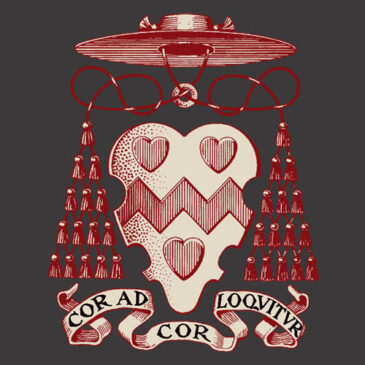
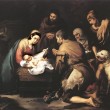 PPS II-3, 25 December 1834
PPS II-3, 25 December 1834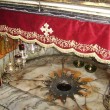 The Word was from the beginning, the Only-begotten Son of God. Before all worlds were created, while as yet time was not, He was in existence, in the bosom of the Eternal Father, God from God, and Light from Light,
The Word was from the beginning, the Only-begotten Son of God. Before all worlds were created, while as yet time was not, He was in existence, in the bosom of the Eternal Father, God from God, and Light from Light, 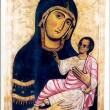 By the Immaculate Conception of the Blessed Virgin is meant the great revealed truth that she was conceived in the womb of her mother, St. Anne, without original sin.
By the Immaculate Conception of the Blessed Virgin is meant the great revealed truth that she was conceived in the womb of her mother, St. Anne, without original sin. By Rita Phillips
By Rita Phillips

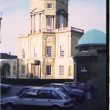

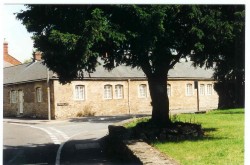 The place where Blessed John Henry Newman was received into full communion with the Catholic Church on 9th October 1845
The place where Blessed John Henry Newman was received into full communion with the Catholic Church on 9th October 1845